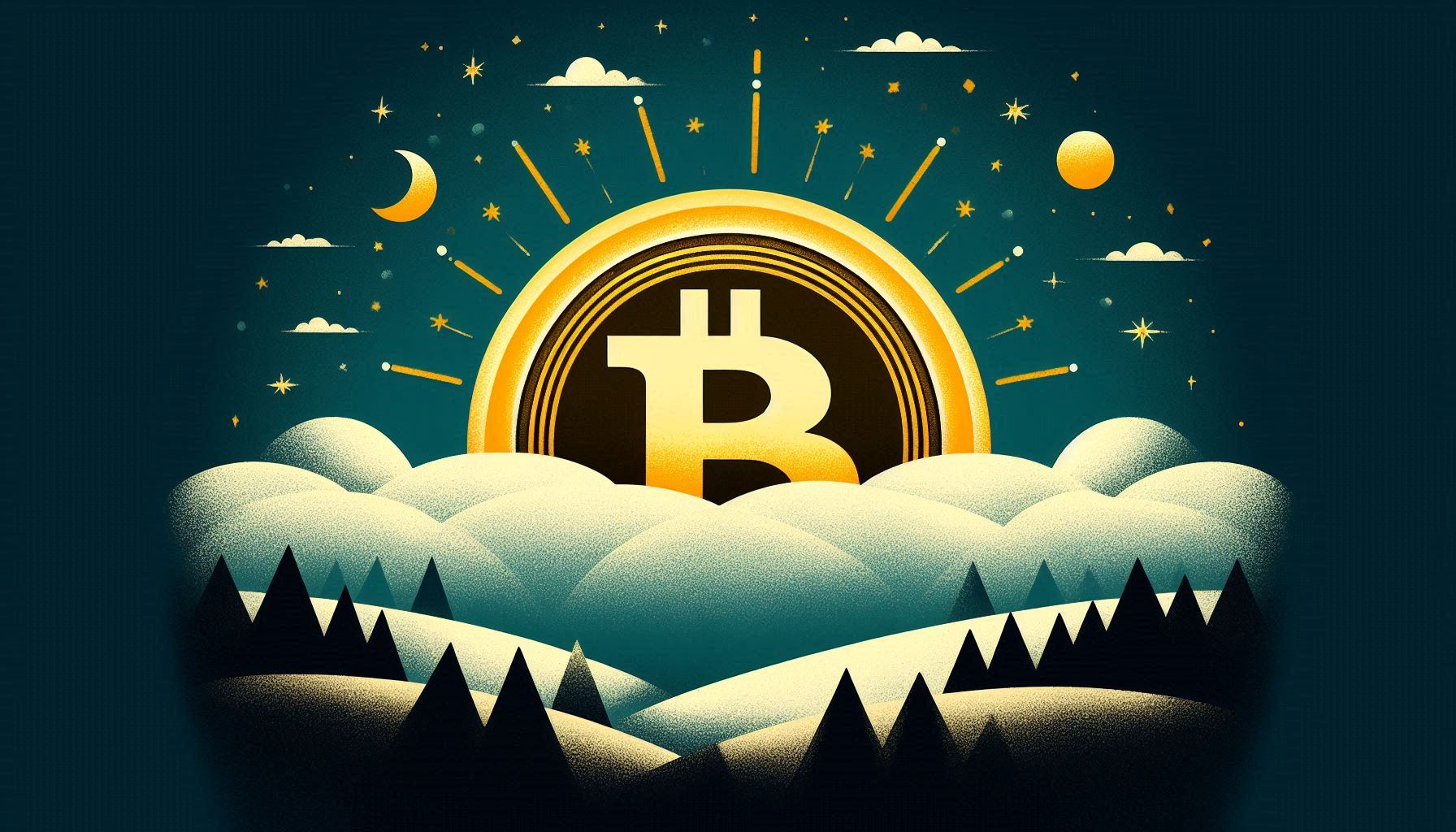Tag: Blockchain Technology

What Is The Future Of Cryptocurrency In The Global Economy?
This article explores the future of cryptocurrency in the global economy, diving into its role, benefits,…

This article explores the future of cryptocurrency in the global economy, diving into its role, benefits,…